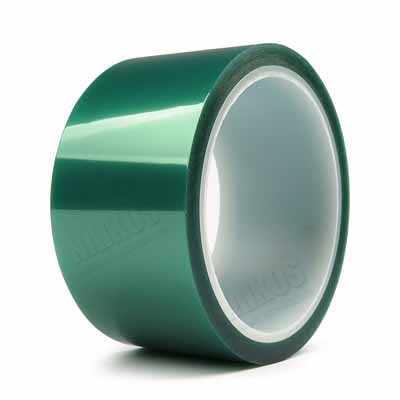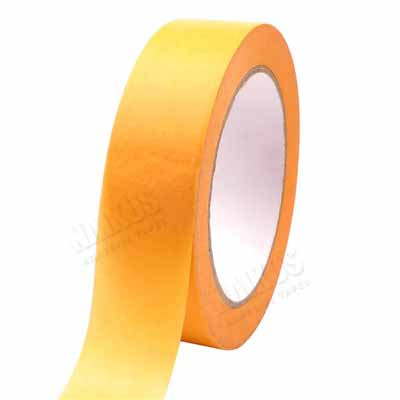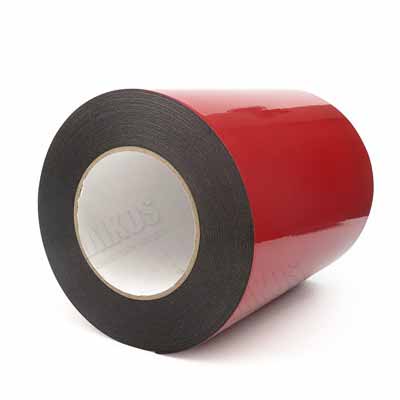Thermal insulation tapes are one of the most effective methods of reducing heat loss in the home. Thermal insulation tapes are a special type of adhesive tape that is made to adhere to any smooth surface, including but not limited to sheetrock, drywall, masonry, and painted concrete. They are made from a special thermally fused tape composed of multiple layers of polyethylene material that has been thermally fused. The different compressive strengths of the tape provide a degree of flexibility in its application that helps to achieve the greatest possible R-values. The tape can also be peeled off and trimmed to fit into tight areas if need be. In addition, some types of thermal insulation tapes may be able to be cut with a special saw at a low profile level, thus facilitating the removal of the tape for cleaning purposes.
Thermally insulating tape is comprised of several layers, each with a different purpose. The basic composition of thermal insulation tapes consists of thermally fused polyethylene (or PVC) that has been compressed into a sheet. The thermally fused layer is referred to as the dielectric layer because it provides a barrier against abrasion. Dielectric layers are frequently combined with a second metallic layer that serves to increase the overall thickness of the tape. Thermally insulated tapes are available in three different thicknesses: half-inch, three-inch, and six-inch. In addition, some types of thermal tape may be available in rolls, resembling carpet.
The purpose of thermal insulation tape is to prevent radiant heat from passing through the home's interior. The primary means of achieving this is by creating a space that is effectively "thick" in which to apply the tape. In order to create such a thick barrier, thermal insulation tape is often wrapped around metal pipes, ductwork, doors, and windows. When heat passes through these areas, it is forced to travel to a differently dense portion of the tape. This creates an energy barrier that effectively captures and redirects the heat back into the home.
Another way that the tape insulation helps prevent heat loss is that it provides a barrier between a floor or a wall and a ceiling or a cabinet. When one or more spaces are created in which the heat can move freely, the chance of a fire is also increased. In addition to helping to reduce fire risk, this method may also help to improve the energy efficiency of a building. Heat is a leading cause of energy consumption, especially in buildings that have multiple floors. By using a layer of insulation between the different levels in a building, a much larger portion of that heat can be trapped.
Many homeowners use thermal insulation tape to add both structure and protection to the walls and ceilings in their homes. Certain materials that are commonly used in construction projects are typically made out of this type of tape. Other types are made out of materials that will only serve to add additional insulation to space without any additional protective measures being put into place. These tapes are available in several different colors to make them blend in better with the overall design of a room or house. There is no need to worry about a piece of the wall or ceiling not being properly insulated when using this product.




